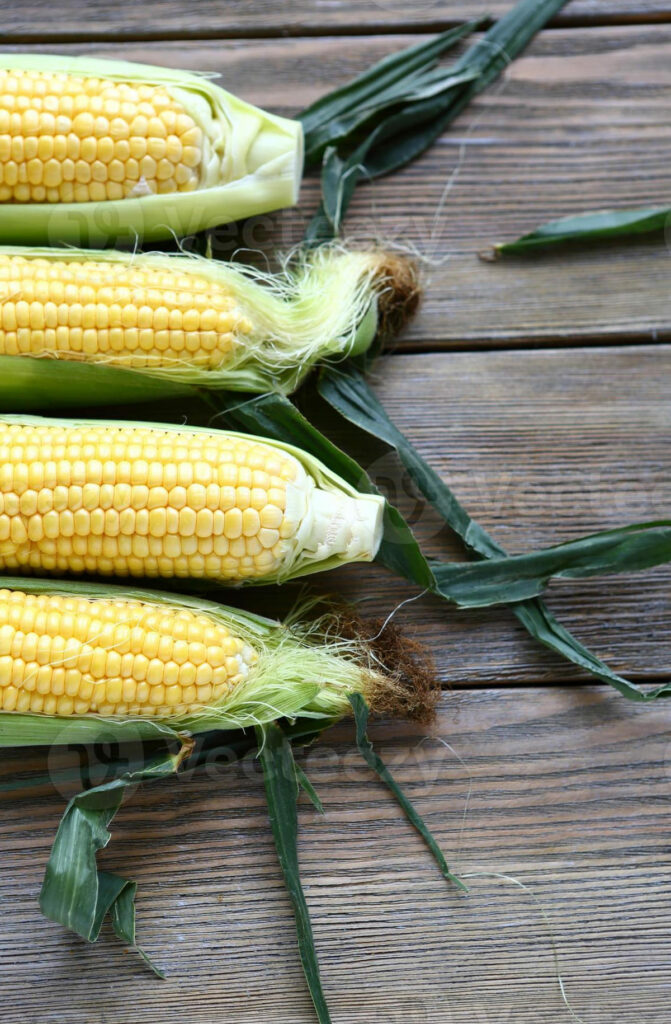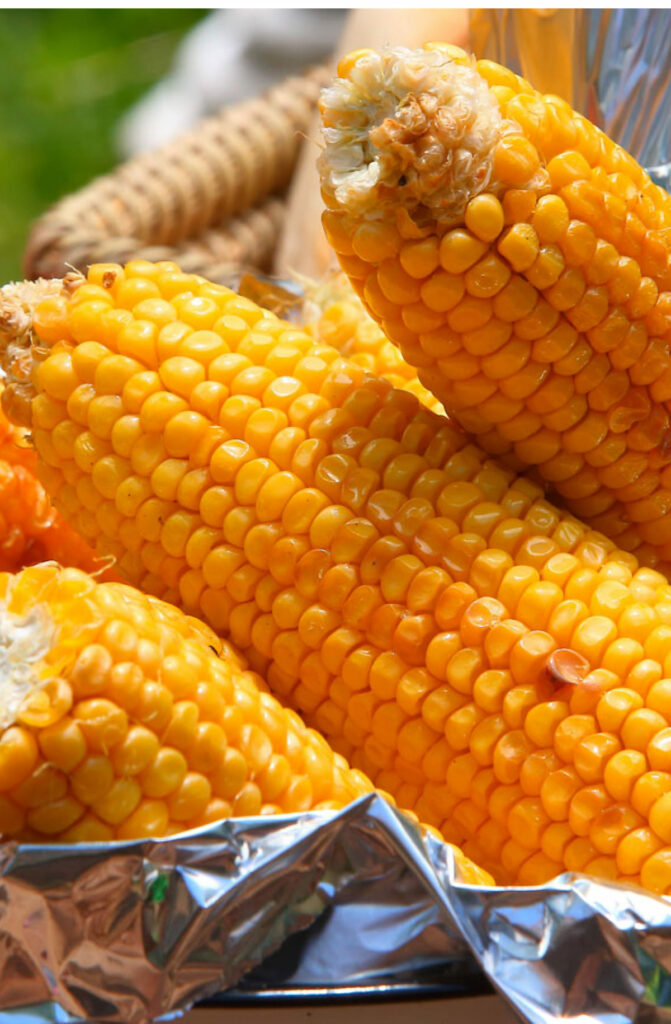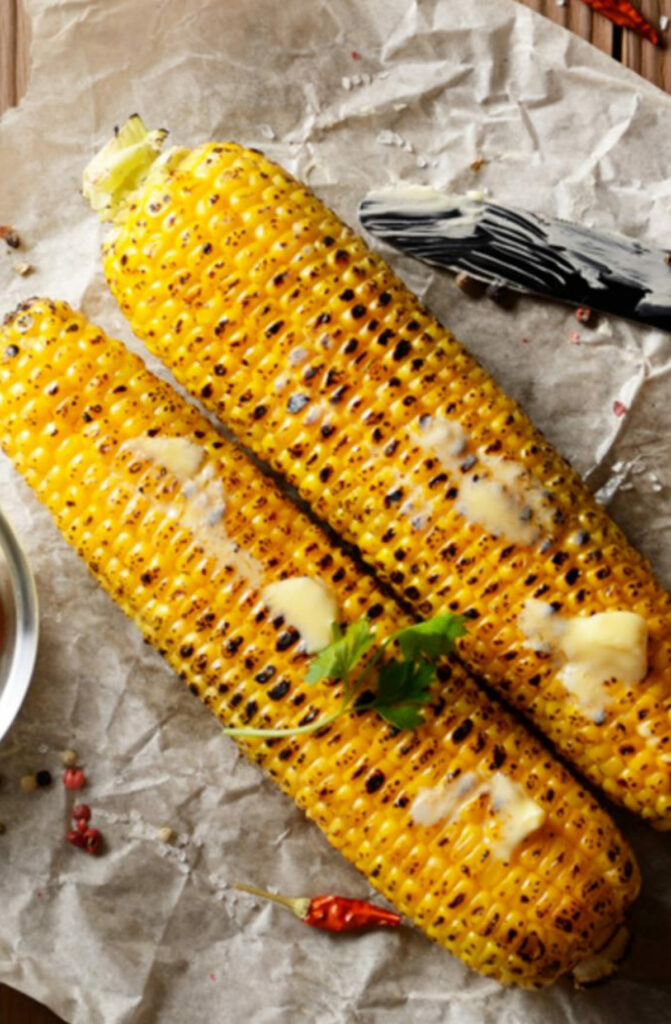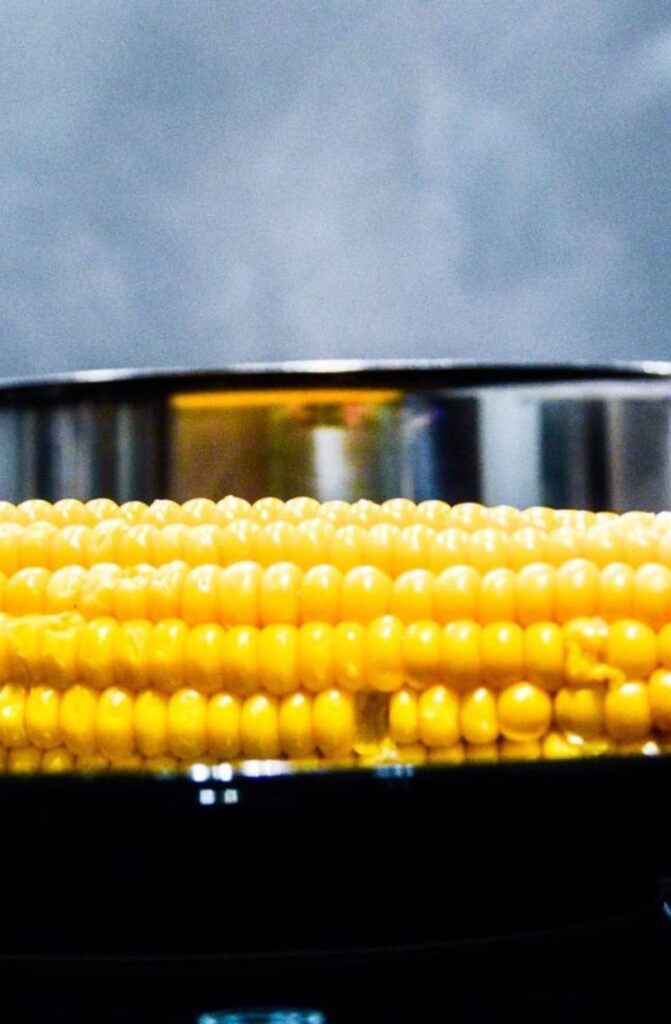Have you ever wondered how to store corn on the cob? Corn on the cob is one of the most versatile vegetables in the kitchen. You can prepare it in different ways, improve its flavor, and change its texture to your liking. However, as with all other natural ingredients, you must store them properly.

You can get corn in different presentations, and each one will vary the standards by which they should be stored to extend their shelf life. In this case, we will teach you how to store corn on the cob without husk and in the husk. In this way, you can buy fresh corn and avoid canned corn and its additives. Stick around and find the best way to learn how to store corn on the cob in the refrigerator and more.
Storing uncooked corn on the cob
This is one of the best ways to store corn on the cob in the husk, as it stays fresh for a long time, you don’t need any extra tools, and you can do it quickly. You just have to follow the following steps if you want to know how to store corn on the cob in the husk:
- Don’t remove the husks from the cob: If we want the corn to last a long time, the husks will keep it fresh and moist. If you decide to remove the husks, you will risk your corn drying out and shrinking. In the market, the best cobs with leaves have an intense green color, with a bush of moist hairs.
- Store them in an airtight plastic bag: You mustn’t wash the corn if you don’t intend to use it right away. Being completely dry, store them in a plastic bag with hermetic closure, and before closing it, make sure to extract as much air as possible. Put the corn in a drawer inside the fridge, away from wet and strong-smelling things.
- Use within seven days: This is an effective way that doesn’t require freezing but only lasts five to seven days. From that moment, the corn will begin to lose its sweetness and moisture. If you see a trace of mold growing on the tip, cut off at least 1 inch from the tip, and you can use the rest. If the mojo spreads all over the cob, you’ll need to discard it immediately.

Storing corn on the cob in the freezer
Many wonder how to store corn on the cob without husk, but many do not know how to keep it in good condition before and after the process. The way we will show next is how best to store corn on the cob without husk. Follow these steps to learn how to store corn on the cob in freezer:
- Remove the husks and husks from the corn: You won’t need the husks in this process, as the cob will need to be frozen, and the husks will become very difficult to remove. In this way, you will be able to store your cobs for at least a year, ideal if you plan to have a reserve for any time. But, it won’t work if you want to know how to store corn on the cob with husk.
- Boil and freeze the cob: In a pot of boiling water, submerge the whole ears and let them boil for 7 to 15 minutes, depending on their size. Once you remove them from the boiling water, immediately transfer them to a bowl of ice water for 30 seconds.

- Store corn in plastic bags: Once you remove the corn from the bowl of ice water, let them drain completely on a tray lined with kitchen towels. Store them inside a resealable plastic bag, removing as much air as possible. Take them to the freezer, away from foods that can alter their taste or smell.
Storing corn after cooking
Finally, if you have already cooked your cobs but you want to store them without any problem, there are a series of simple steps that you can follow. Here we will tell you, how to store corn on the cob after cooking.
- Store the whole cob in an airtight container: The first thing you should do is find a container that is the right size to hold the whole cob. If you don’t have one, you can also use a zip-lock plastic bag; remember that the less air left inside the bag, the cooler it will be.

- You can cut the kernels: IF you don’t have good-sized bags or containers, you can also remove the kernels from the cob to store them on their own. You should also place them in an airtight container or airtight bag with as little air as possible.
Use within 3-5 days: This is a good way to store your corn, but it’s the least durable. Since an already cooked cob will not have the same properties as a raw one, in the next few days you will have to eat it. If you start to see signs of mold, you should throw it away.
